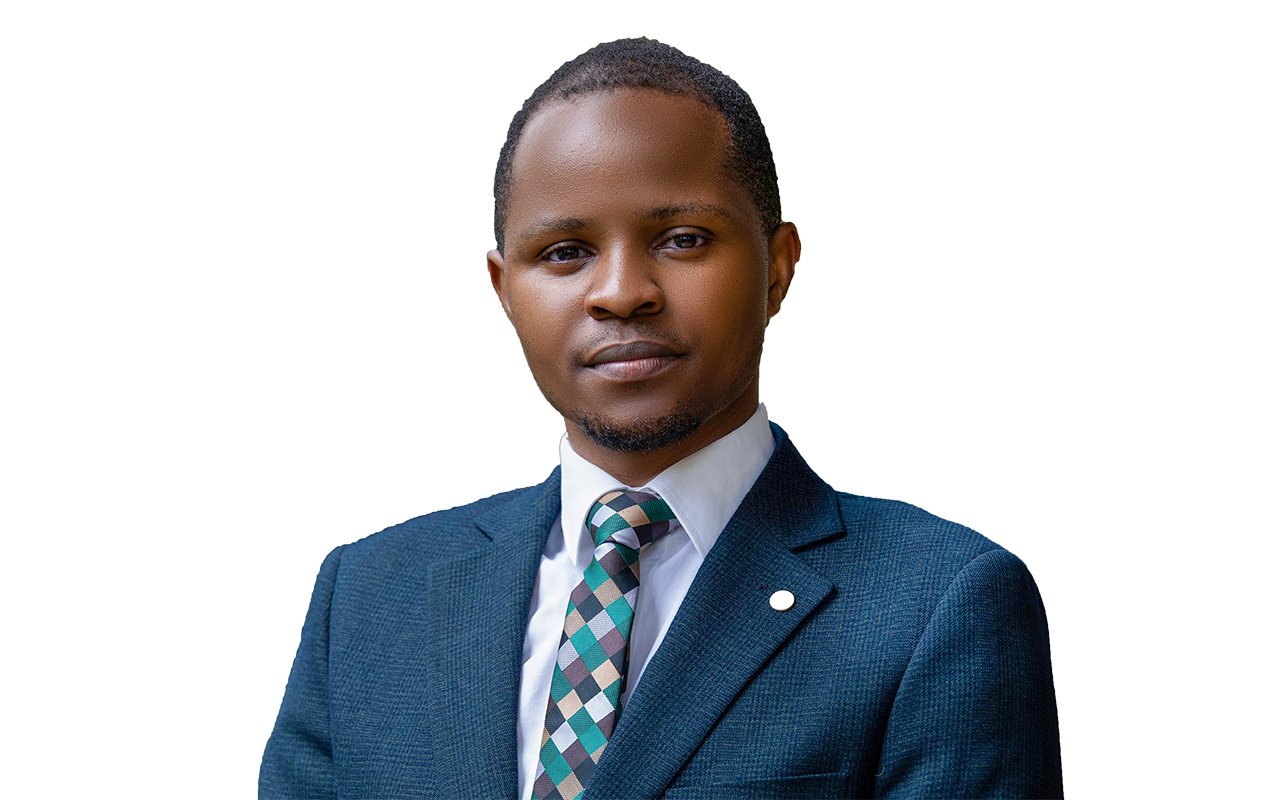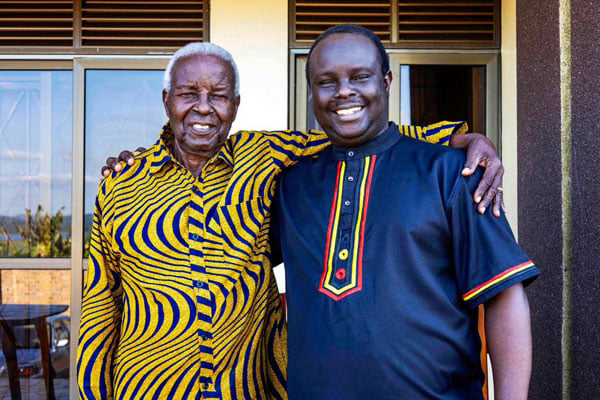Who have you mentored to do what you do?

Writer: Dr David Mukunya. PHOTO/COURTESY
What you need to know:
- Success philosophy is often centred on me, myself and I. When you imagine success what do you see? Many people see themselves in a big house, with a huge car, and a square mile of land.
I met Paul five years ago in Mbale at one of the local salons. The moment he started trimming my hair, I knew I had found myself a barber for life. You see, Paul can cut your hair with his eyes closed. He says that he was never taught how to cut hair, but he simply observed people doing it and he has perfected his art.
One evening, I went to Paul’s salon and this time he was not there, and all his phones were off. After waiting for almost one hour, he showed up; gave excuses, and then started doing his art. I was not paying attention to his art this time round, I was musing over the inevitable question. What will happen the day Paul does not show up at work? I raised my voice above the noise of the chatter in the salon and asked Paul the question; who have you taught to cut hair as good as you?
As expected, there was no one he had mentored. He mentioned how this generation has very unserious and un-loyal people, how people could steal his customers, and how young people are not patient to learn. Paul, like many of us has not mentored anyone.
A major defect in our society is the absence of mentorship. It is not uncommon for a person to retire or leave office without leaving someone who can do what they have been doing. We take pride in knowing we are the only people who can do this. Why do we fear mentoring other people?
First, many of us were not mentored; so it is the case of I don’t know what to do, because my father did not tell me what to do. But that has to end with someone, and that person is us. Second, many people have a scarcity mindset and great insecurity. They reason, “If I teach you all that I know, then you can take my job.” So they believe by hoarding knowledge, they create job security. They do this at the expense of society.
Third, success philosophy is often centred on me, myself and I. When you imagine success what do you see? Many people see themselves in a big house, with a huge car, and a square mile of land.
Let us learn from the best. The most successful movement the world has ever seen is the Christianity movement. The leader of that movement lived for only three years, and was killed, but his movement lasted for more than 2,000 years. One of the first things Jesus did at the start of His ministry was to identify people he was going to mentor (disciples); he chose only 12, of course one betrayed him, another denied him, many abandoned ship after his death, but some remained and were critical to the survival of his movement.
What are some of the advantages of mentorship; I will give you a few. First, there is unexplainable joy, in watching your mentee achieve greatness. It is like giving birth to a child. How can I explain to you the joy I had when one of my mentees got a PhD position, or when another got a faculty position, or when another published in the Lancet Journal or newsletter? Second, to quote John Maxwell, one is too small a number to achieve greatness. So, you will have to work with people. Who better to work with than those you have mentored? As a leader, you will have to delegate, but who better to delegate to than your mentees? Third, mentoring allows you to free up time to do other great things such as thinking and strategic planning. Finally, it is a duty to humanity, to multiply and fill the earth; and you cannot do that without mentoring.
Paul fails to see that if he trained 12 people; to be as great as he is – of course, some will betray him and others will deny him – but he will have at least six people that will stay. With these six, his salon will have the greatest hair stylists and quickest turnaround time in the city.
Paul’s loyalists will always go to his salon, even though some of his disciples would have opened other salons. But even more importantly, Paul can choose not to come to work any day and still earn money.
The author is a medical doctor and associate professor of Maternal and Child Health Epidemiology at Busitema University




